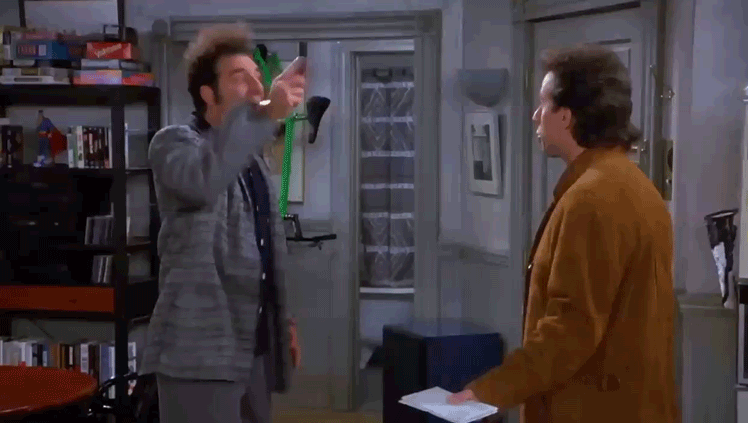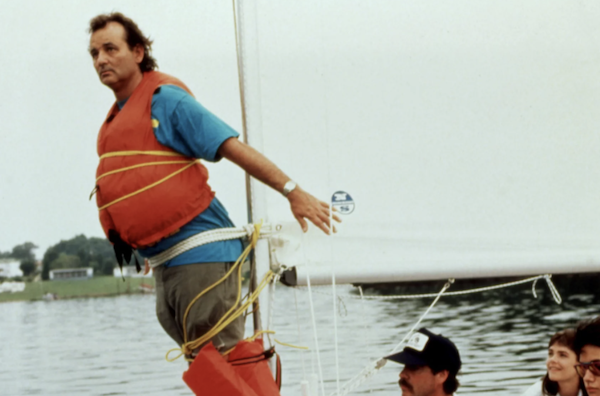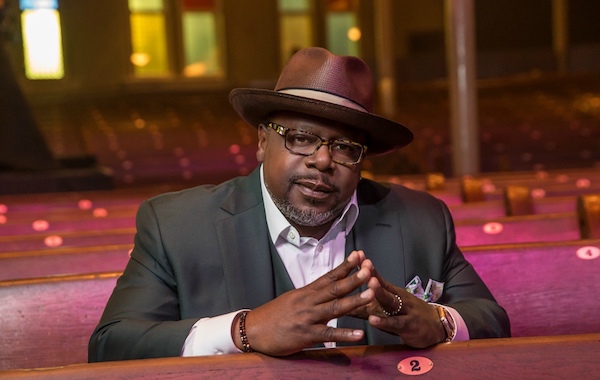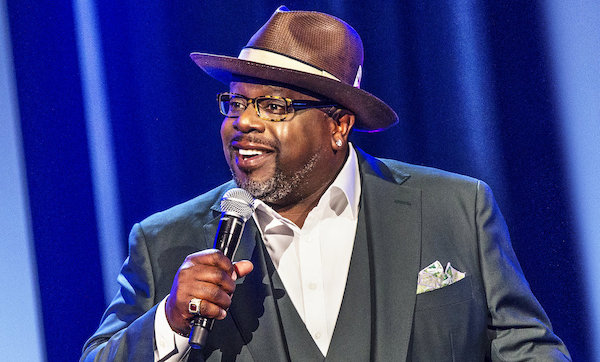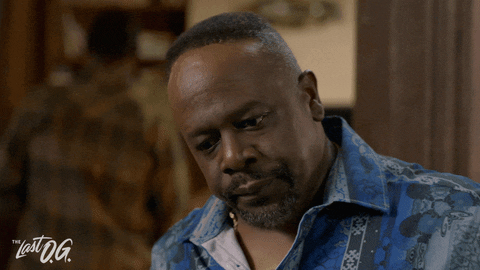Did you know most people complain once per minute in conversation? That’s because negativity is as common as the cold, but not everyone lets complaining control the conversation.
We get it — there’s plenty to be upset about. Life is hard, but complaining only makes it worse at a certain point (very quickly). And while venting frustration may feel good at first, neurons in the brain grow closer together each time you do it, building a bridge that makes it a little easier to cross over to complaining. It can get to the point you may not realize you’re doing it, similar to the constant dopamine drip you’ve grown accustomed to getting when you receive likes on social media or you hear the sound of an incoming text. It just becomes part of your daily habit.
We know that negative fortune-telling is bad for our inner dialogue, but complaining not only rewires your brain, which can potentially lead to brain damage, it also depletes your cortisol levels — the hormone that sends you into fight or flight mode– and when your body is stressed, it redirects energy, oxygen and blood away from other systems so it can fight where it’s needed, kind of like when you’re exhausted as your body tries to fight off infection. Simply, negative thinking can make you feel sick.
Toxic-Distancing: Are You Man Enough to Step Back From Toxic Friends?
Times like these, it’s never been easier to complain. Unemployment, homelessness, and racial tensions are all at new highs, while the economy, our ability to pay rent and the quality of life appear to be at all-time lows. Anyone could make a full-blown hobby out of complaining in a time where there’s no end of things to complain about. It starts small but quickly it begins to affect those closest to you, and it’s highly infectious to people who are forced to absorb that negative energy. But who can stand that for long?
Solutions are found in looking towards the positive. That’s why people say it’s good to surround yourself with positive people. You’d much rather be infected by good vibes and people who are more focused on solutions than problems, people who use words like “empathy” more than “enemy.” So while complaining may be synonymous with negativity, solutions can be synonymous with positivity, and solutions are what we’re in need of right now, locally and globally.
Basically, stop complaining. It’s only making things worse.
More Man Enough: Roll the Dice and Transform Your Life (If Not Now, When?)
Gratitude, conversely, is complaining’s worst nightmare. Gratitude has been studied by neuroscience to have strong effects on anxiety, negativity and even grief. If gratitude had an evil twin, it’d be complaining, which means if you’ve been labeled a complainer or feel consumed by negativity throughout your day — short fuse, big temper, quick to anger — then gratitude is the antidote you’re looking for.
Before you go down the long-winded road of anti-depressants, first try this. It’s actually simple, painless and takes all of about 15 seconds. Best of all, it’s free and unlimited.
Rewire Your Rewire
Psychologists have described the “happiness exercise” as a great way to find gratitude that not only brings in happy thoughts to replace negative ones, but it’s a great habit to get into that can rewire your brain back towards positivity. It’s like your morning coffee that gets your brain going when you wake up, except without the need to pee all day.
Several studies in the last decade have measured the effects, finding that people who count their blessings on a daily basis tend to be happier. It puts space between toxic emotions that can cause toxic manifestations, but even better, you don’t have to share your gratitude if you don’t want to (although we recommend trying it from time to time). The more you practice gratitude, the more likely you are to appreciate things and people around you, which, again, sounds a lot like what we’re in dire need of right now.
3 Good Things
The happiness exercise psychologists recommend for daily gratitude only takes about three minutes, but it could be as easy as 15 seconds. All you have to do is think of three simple things that went well today before you go to sleep. Sit with each one for a minute and ruminate on it. Writing down ideas can only help strengthen those positive vibes, and you can read them again when you wake up, but the idea is to keep it simple and remain grateful for what you do have, as opposed to the things you want that you don’t have, which might be a source of complaining.
Whether it’s your mother, a perfectly ripe mango, the feeling of sand on your feet, a nice walk with your dog, having a woman you trust nearby, the sounds of crickets at night, stars in the sky, whatever feels right in the moment, write it down and be grateful.
The 3 easy steps to ‘3 Good Things’:
- Think about your day, consider the good things that presented themselves.
- Write down three things you’re grateful for, anything at all.
- Sit with each one for a moment and consider how they made your day better.
And if you’re struggling throughout the day with negative and find yourself on the verge of a good complaint, stop and think about three things that are working for you in the moment, even if it feels like nothing is working. Maybe both your shoes are tied, or even the fact you have shoes at all. Keep it simple. Keep it sweet. And quit your complaining.
That’s what the holidays are for (wink).
For more ‘Man Enough’ episodes, go here.
Follow us on Facebook and Instagram.
Remember tag us in your most #manenough moments!
https://www.instagram.com/p/CDPbAqHp8w9/
Cover image: prostock-studio (Envato Elements)
